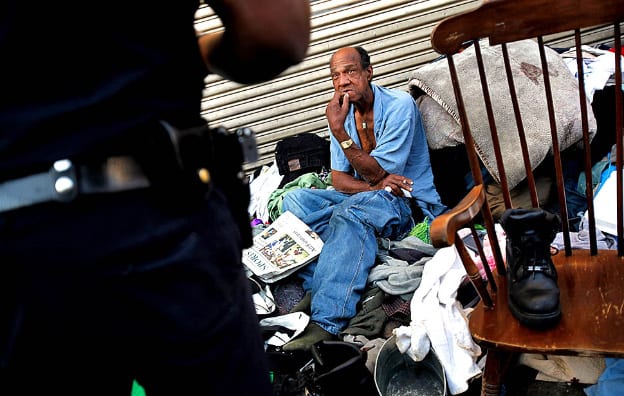
If you find yourself asking this question, either for yourself, a family member, loved one, neighbor or coworker just understand that relapse is a very normal part of recovery. If you have been through a successful addiction treatment program, experienced a period of sobriety and fell into a relapse, please know you are not alone. Relapses are not uncommon and it does not mean you are a failure. Hope is always an option and there are many resources that can help you. How you react to your situation after experiencing a relapse is critical in your overall road to recovery. In this crucial time, forgiveness is an important factor to express to yourself or your loved one. Learn to forgive yourself or your family member for the recent relapse into substance use. This is a better, more productive
attitude to have that, in the long run, will help you or your loved one keep striving to maintain their sobriety. It is estimated that 40-60 percent of people who maintain sobriety through rehab, treatment and recovery will relapse into heavy use, while 70-90 percent will relapse and use again at least once. In the medical field, a relapse used to be treated as an uncommon thing but that has largely changed due to the advances in behavioral science and addiction therapy. Sadly, many addicts are stigmatized by society as hopeless drug fiends or treated with the perception that they are a bad person for their substance use. Many of us here in the addiction treatment industry are advocating a different perspective. With addiction being a curable disease, you could compare it to the relapse rates of people with other medical problems such as diabetes, high blood pressure or asthma. The rate of relapse into these common medical diseases is close to the same as for people with a substance abuse disorder. Treating this as a medical condition will help ease the stigma associated with drug and alcohol abuse.
As we have seen the overdose epidemic explode in the United States, it is important for us to begin treating this as a serious medical condition, not a criminal activity reserved only for the ‘bad people’ in society. As you are reading this now, most of us know someone dearly who has struggled with some form of substance abuse. While we look to help those closest to us, deep down inside we know there is still a good person underneath the surface of their drug or alcohol addiction.






